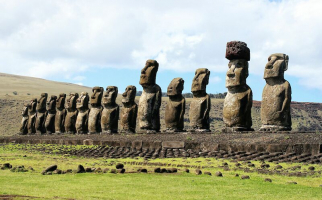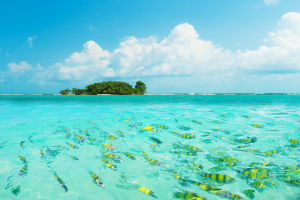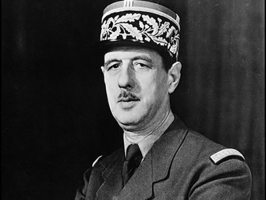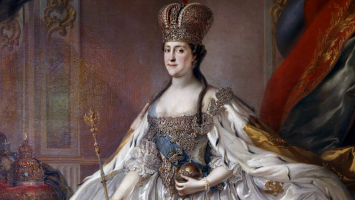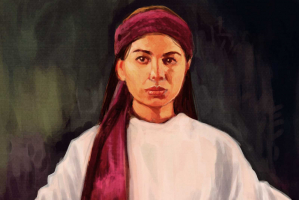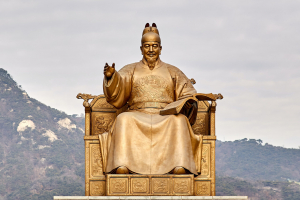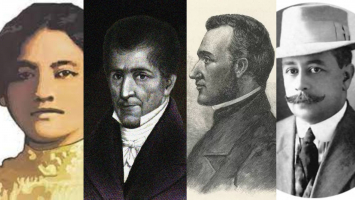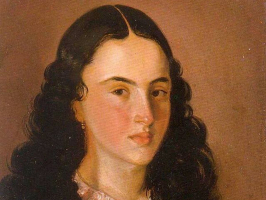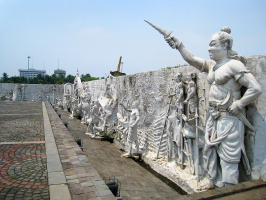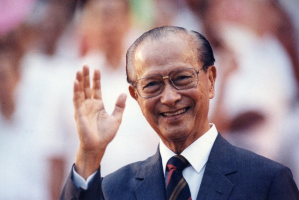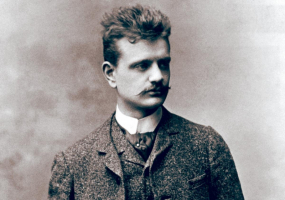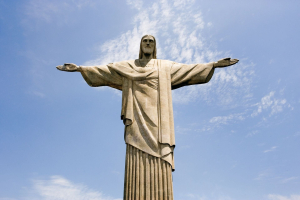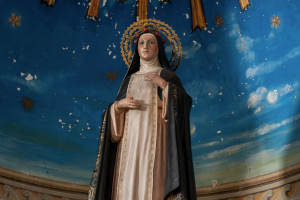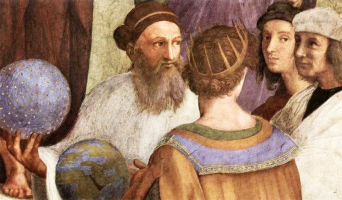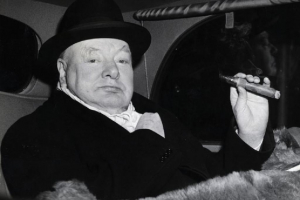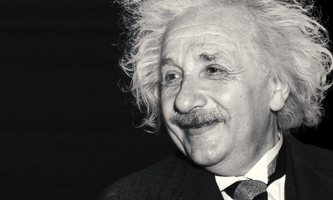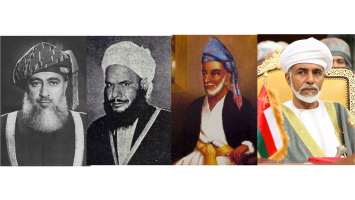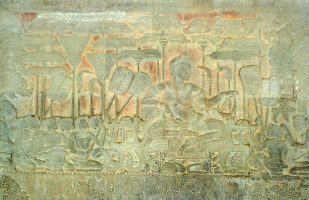Top 5 Most Important Historical Figures In Papua New Guinea
Papua New Guinea is an island nation in Oceania on the Pacific coast. Like other countries, Papua New Guinea also has lots of outstanding people who have ... read more...contributed a lot to the country and play an important role in its history. And here are the most important historical figures in Papue New Guinea.
-
Sir Pita Lus, a controversial politician from Papua New Guinea who lived from 16 September 1935 to 1 October 2021, is credited with helping to secure the nation's independence in 1975 and convincing Michael Somare, the nation's first prime minister, to run for office.
In the first democratic election for the new House of Assembly held in the Territory of Papua and New Guinea in 1964, Lus was a successful candidate and won the Dreikikier seat. After moving to the Maprik constituency, he was re-elected in 1968, serving there until 2002. Lus was recognized as an outspoken opponent of colonial authority in the House of Assembly. In 22 of the 30 votes that were held during his first two years as a member, he cast a no vote. He was a proponent of self-government from the beginning and was well-known in parliament for his humor and, on occasion, violence.
Lus was a founding member of the Pangu Party in 1967, establishing a branch in Maprik, together with Michael Somare, Albert Maori Kiki, Barry Holloway, Cecil Abel, Joseph Nombri, and others. Somare, who is also from East Sepik, was seen by him as the most qualified candidate to lead PNG to independence. Somare didn't think he could win since he lacked Lus' charm, but Lus persuaded him to run in the Wewak constituency for the 1968 House of Assembly election and devoted a lot of his time to Somare's campaign. On December 1, 1973, Papua New Guinea became a self-governing territory, and Somare appointed Lus as the Minister of State for Police. After that, he held a number of more ministerial positions. The day of complete freedom was usually credited to Lus.
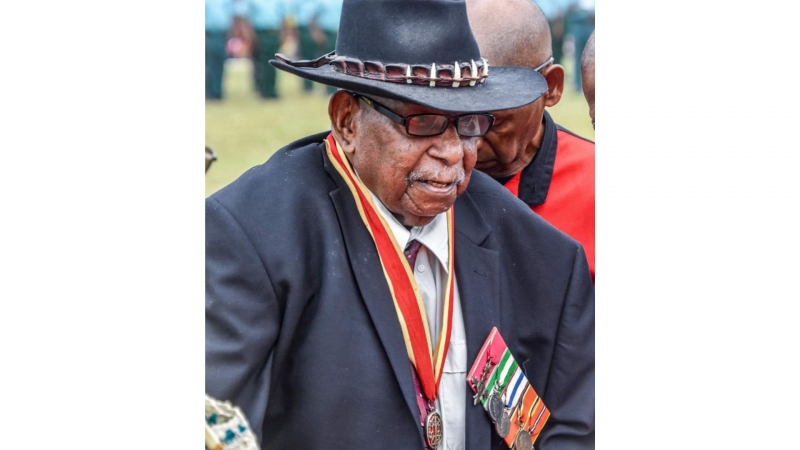
Photo: Papua New Guinea 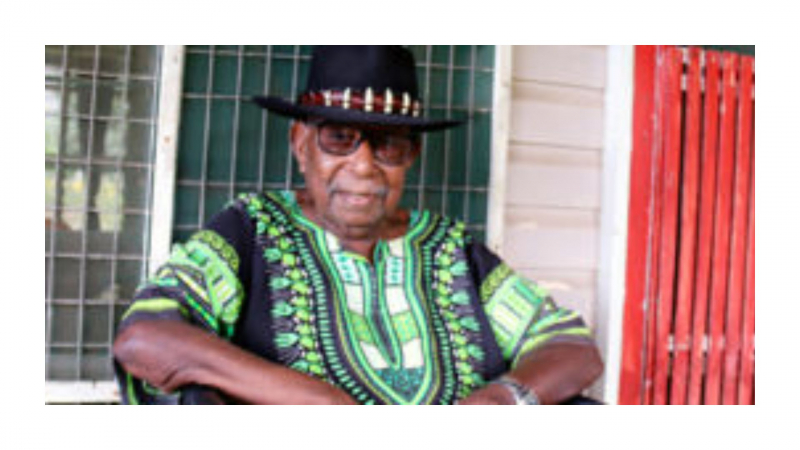
Photo: Post Courier -
The next name in the list of the most important historical figures in Papua New Guinea is Albert Maori Kiki. Sir Albert Maori Kiki (21 September 1931 – 13 March 1993) was a Papua New Guinea politician. He was one of the founding members of the Pangu Party, which called for New Guinea to have "home rule leading to eventual independence."
He was raised in the London Missionary Society's church as a practicing Protestant after being born in the Kerema area on the coast of Papua. Dr. John Gunther, Director of Health, had chosen a limited number of bright students to study medicine at the Suva Medical School, and Albert was one of them. He changed his studies to become a pathology technician when he failed his medical examinations and was likely to be called back. Kiki started her studies at the Administrative College in Port Moresby in 1964 in order to earn a qualification as a laboratory technician. While there, he became a member of the "Bully Beef Club," a select group of politically astute students who met to discuss the nation's political future. He was already widely recognized for being an ardent supporter of political equality and advancement for his people, and his criticisms of Australian colonial practice and policy immediately provoked opposition to early home rule.
Kiki ran in the House of Assembly elections in 1968 but lost. He was chosen to serve in the Port Moresby Town Council in 1971 and did so through 1973. In the first post-independence government, also led by Somare, he served as deputy prime minister (1975–77), minister for defense and foreign relations (1975–77), and minister for lands and the environment (1972–75) after being elected to the House of Assembly in 1972. He was appointed KBE in 1975.
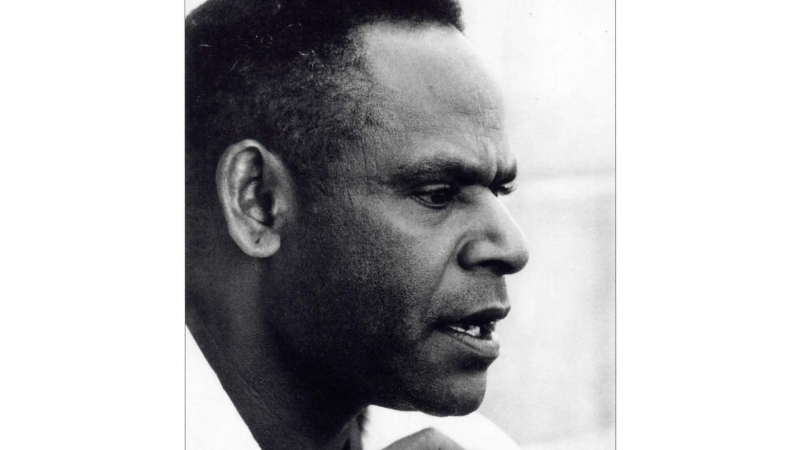
Photo: fashiondocbox.com 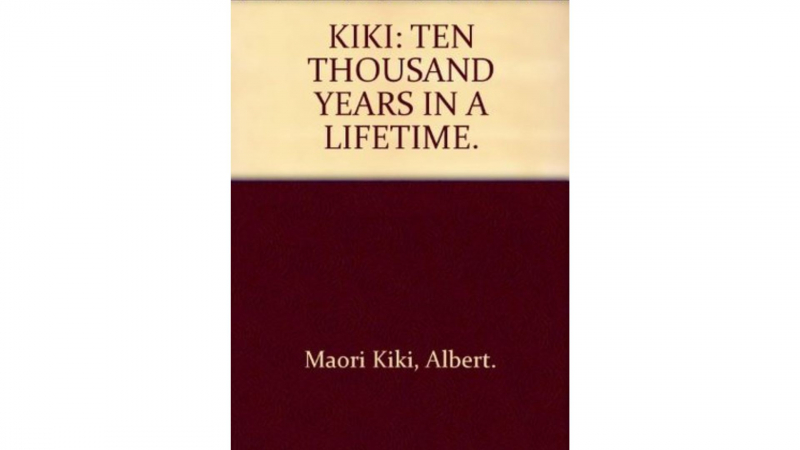
Photo: Goodreads -
Sir Joseph Nombri (1940 –2008) was a politician, administrator and diplomat in Papua New Guinea (PNG). He was a significant player in the events that led to PNG's independence in 1975 and later served as its ambassador to Japan.
Nombri participated in the Bully Beef Club, a political debate club that included students from the Administrative College, among other institutions, in the middle of the 1960s. Somare and Albert Maori Kiki, whose home the meetings were typically held, were both members. The Pangu Pati was established in 1967 as a result of the Bully Beef Club, with Nombri serving as its inaugural chairman. Pangu participated in the 1968 and 1972 Papua and New Guinea House of Assembly elections before establishing the nation's first independent government in Papua New Guinea in 1975.
He was named ambassador to Japan, South Korea, and China in 1981. He served in this capacity for 11 years, rising to the rank of doyen in the Tokyo diplomatic community. He had the option of staying in the position longer, but in 1991 he asked to be recalled so he could run in the 1992 presidential election. He ran for the Chimbu Regional position but was unsuccessful. A new hospital for his hometown of Kundiawa, which would be named after him after his passing, was one of the investments by Japan and China in PNG that he was able to promote as ambassador.
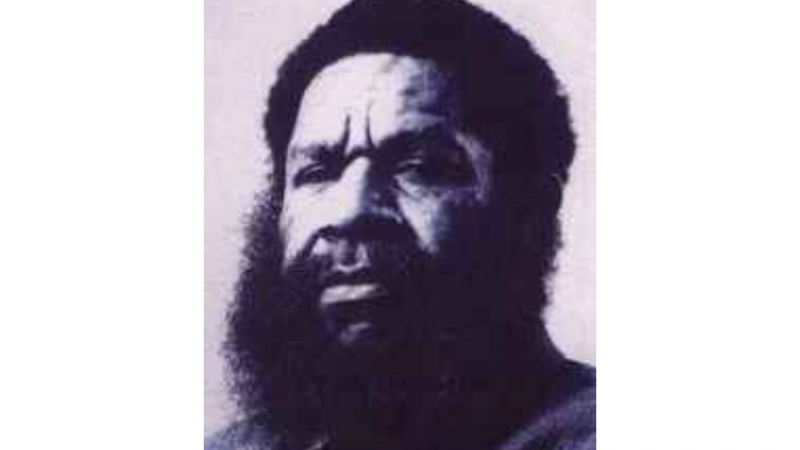
Photo: Wikipedia 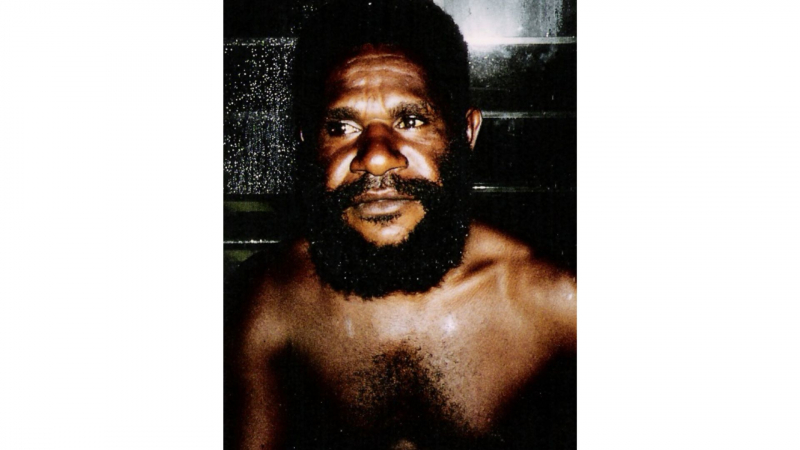
Photo: PNG Attitude -
Iambakey Palma Okuk (5 May 1945 – 14 November 1986) was an independence leader in Papua New Guinea. He was the country's first Minister for Agriculture and Fisheries, as well as Minister of Transport, Minister of Primary Industries, and Opposition Leader. Okuk is regarded as the "most colorful and divisive politician" in Papua New Guinea. He originally organized rallies against unfair labor practices, and after winning election, he worked to reserve economic sectors for citizens as a way to give the country's people a more sophisticated economic role. Okuk formed a coalition of opposition political groups in the decade following independence, which successfully compelled a change of government and led to his appointment as deputy prime minister.
He was awarded the privilege to serve as the first Agriculture Minister under the Somare-Guise government from self-governance in 1973 to Independence. He was grudgingly appointed Education Minister following independence, succeeding his fellow countryman Sir Kobale Kale, who was then the Member for Sinesine Yongomugl district, Simbu. On his third try, he was successful, and Sir J went on to become the second Prime Minister of Papua New Guinea and the first beneficiary of a fruitful VoNC. He was referred to as the King Maker and the political King of the Highlands. That's all about the fifth most important historical figures in Papua New Guinea we want to mention.
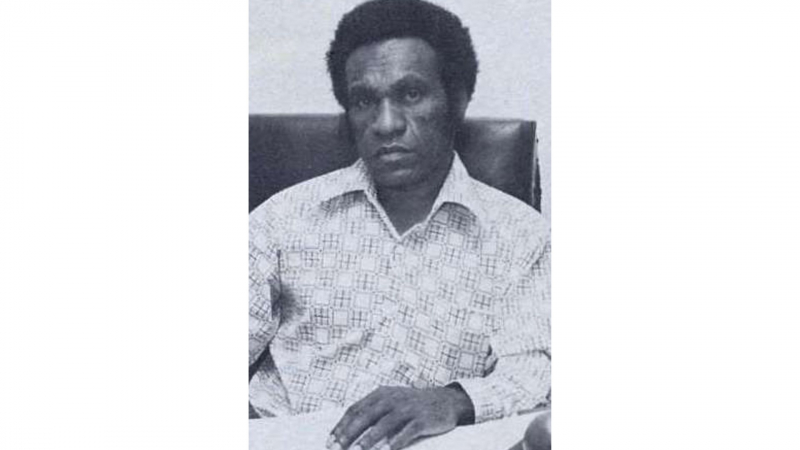
Photo: PNG Attitude 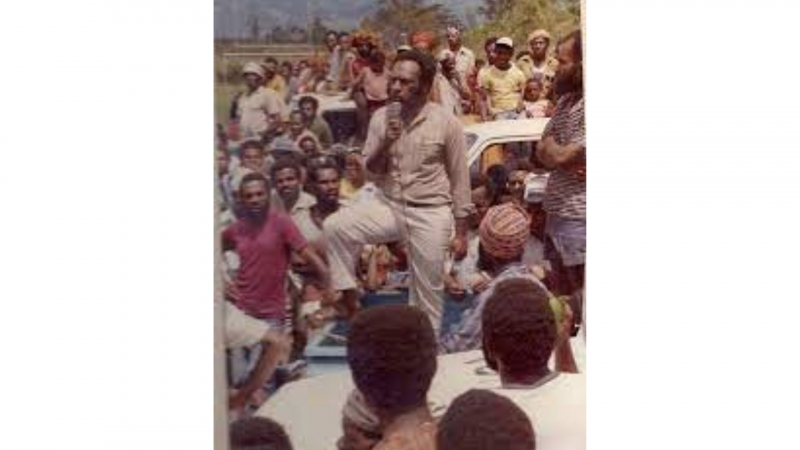
Photo: Facebook -
Sir Michael Thomas Somare (9 April 1936 – 26 February 2021) was a Papua New Guinean politician. He was the first Prime Minister following independence and is frequently referred to as the "father of the nation" (Pablo Kantri in Tok Pisin). Somare was the longest-serving prime minister at the time of his death, holding the position for 17 years across three different terms: from 1975 to 1980; from 1982 to 1985; and from 2002 to 2011. He was active in politics from 1968 until his retirement in 2017. Along with being prime minister, he also held the positions of opposition leader, minister of foreign affairs, and governor of East Sepik Province.
He performed a range of duties. His support came mostly from East Sepik Province, where he was elected, not from political parties. He served in the House of Assembly for much of his political career then, following independence in 1975, the National Parliament representing the later-open East Sepik Provincial seat. At the end of colonial rule, he served as the first chief minister. From 1975 to 1980, he served as the country's first Prime Minister following independence. His longest tenure as prime minister was from 2002 to 2011. He returned to the job from 1982 to 1985 and so on.
Somare was made a Knight Grand Cross of the Order of St Michael and St George (GCMG) by the Queen in the Birthday Honours List of 1990 and appointed a member of Her Majesty's Most Honourable Privy Council in 1977. In 2004 he received approval from cabinet to establish an honors system for Papua New Guinea He was made one of the inaugural Grand Companions of the Order of Logohu by the Princess Royal in 2005. (GCL)
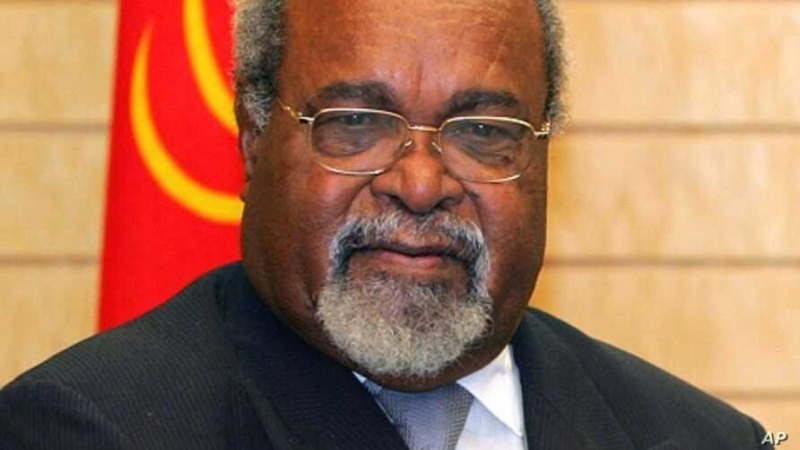
Photo: PNG Haus Bung 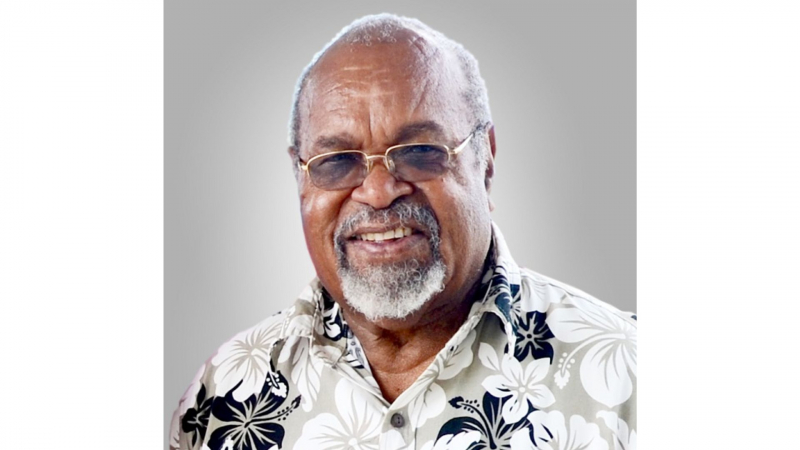
Photo: High Commission of the Independence State of Papua New Guinea







